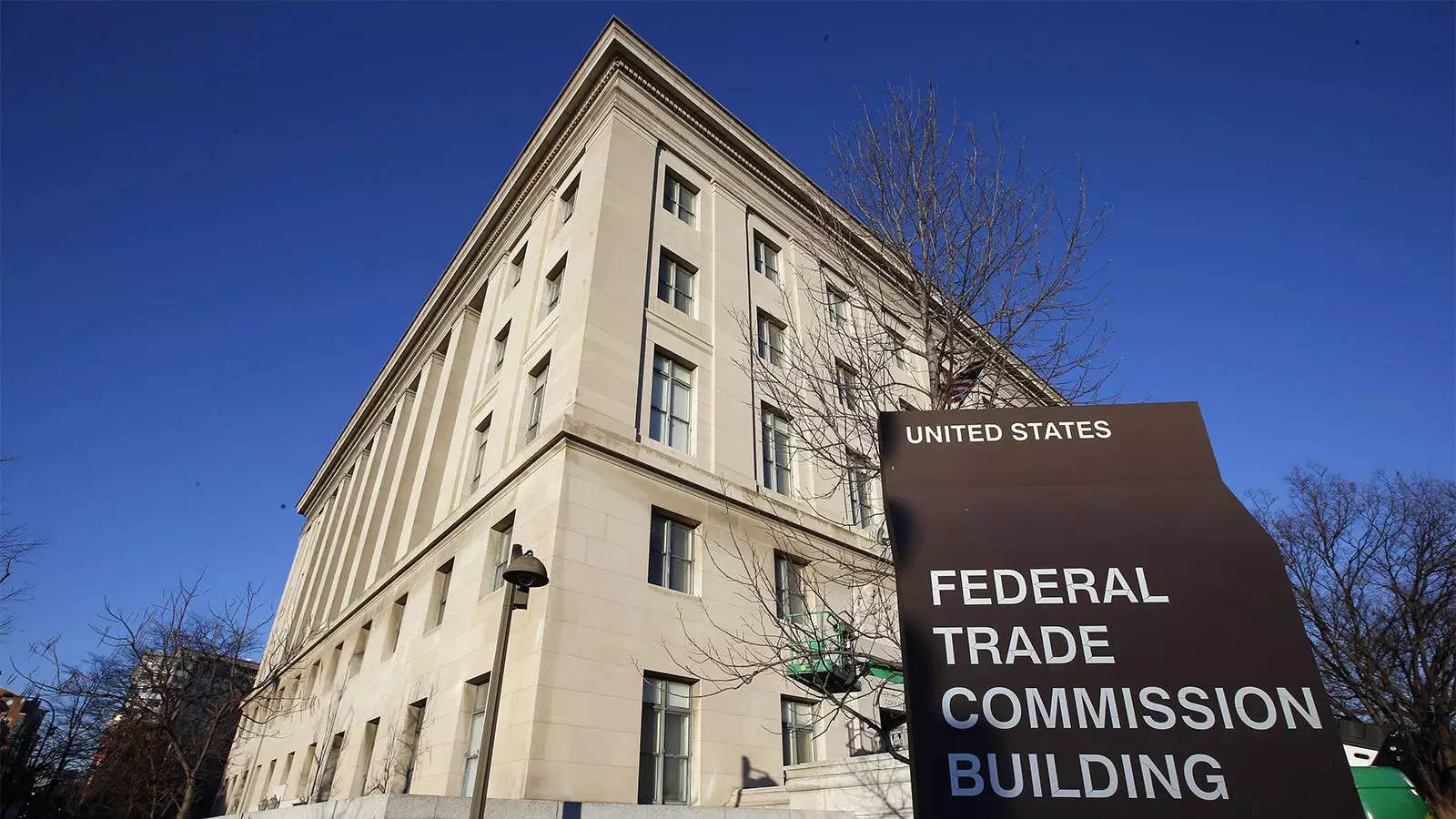The high price of insulin has become a focal point in the ongoing debate surrounding healthcare affordability in the United States. As millions of Americans with diabetes grapple with soaring costs, the federal government has initiated a lawsuit against three major pharmacy benefit managers (PBMs)—Caremark, Express Scripts, and OptumRx. These companies, which control a substantial portion of drug prescriptions in the U.S., are accused of anticompetitive practices that exacerbate the financial burden on patients who desperately need these medications.
PBMs serve as intermediaries between drug manufacturers, insurance providers, and patients. They are responsible for developing formularies, which dictate the medications that insurers will cover, and they negotiate rebates on drug prices. This system is intended to lower costs for consumers; however, the Federal Trade Commission (FTC) claims that the practices employed by these three PBMs have had the opposite effect, particularly concerning insulin. By intuitively favoring higher list prices, which represent the initial cost set by manufacturers, PBMs are inadvertently or deliberately inflating what some patients—those uninsured or with high deductibles—must pay out of pocket.
The lawsuit filed by the FTC is a significant move in the battle against rising insulin prices and signals a critical moment in U.S. healthcare policy. For years, insulin pricing has attracted criticism from various stakeholders, including politicians and advocacy groups. Despite this scrutiny, PBMs have maintained that they play a pivotal role in mitigating drug costs and claim to pass a majority of the discounts they negotiate onto their clients. Caremark, for example, asserted that it is committed to providing affordable insulin options for its members.
In stark contrast, the FTC argues that the actions of these PBMs contribute to a healthcare system where high list prices dominate, thereby excluding lower-cost alternatives. This practice often leads to a situation in which someone needing insulin faces exorbitant out-of-pocket expenses, highlighting a structural flaw in the current healthcare paradigm.
The topic of insulin pricing is not just a regulatory challenge; it has also permeated political discourse, particularly as the presidential election looms. Candidates are emphasizing healthcare affordability, and the insulin crisis serves as a poignant example of broader systemic issues. The complex interrelationships between PBMs, drug manufacturers, and healthcare providers present a multifaceted challenge that demands an informed public discussion.
As the lawsuit unfolds, it raises important questions about the future role of PBMs in the healthcare system. If the FTC’s claims hold merit, there may be significant changes ahead for how pharmaceuticals are priced and accessed in the U.S. Ultimately, the outcome has the potential to impact millions of insulin-dependent patients, underscoring the need for a healthcare system that prioritizes patient welfare over corporate profits. Ongoing scrutiny and reform will be essential in ensuring that all patients can access the medications they need without facing insurmountable financial barriers.


Leave a Reply